The software development arena is in a perpetual state of flux, with novel trends constantly surfacing. These shifts are propelled by diverse factors, such as the burgeoning adoption of cloud computing, the ascent of artificial intelligence (AI), and the escalating demand for mobile applications.
In this discourse, we delve into some of the preeminent software development trends exerting influence on the industry. We explore the advantages these trends offer along with the hurdles they entail.
Table of Contents
1. Cloud Computing
Cloud computing epitomizes a paradigm where resources are furnished on-demand via the internet. This model affords businesses access to computing prowess, storage, and other resources sans the need for investing in proprietary infrastructure.
Cloud computing proffers an array of perks for software developers. Firstly, it can curtail costs as businesses pay solely for the resources utilized, coupled with the flexibility to scale operations as necessitated. Secondly, it fosters agility, enabling rapid provisioning of resources to align with fluctuating demands. Lastly, it augments reliability, owing to redundant systems ensuring uninterrupted service delivery.
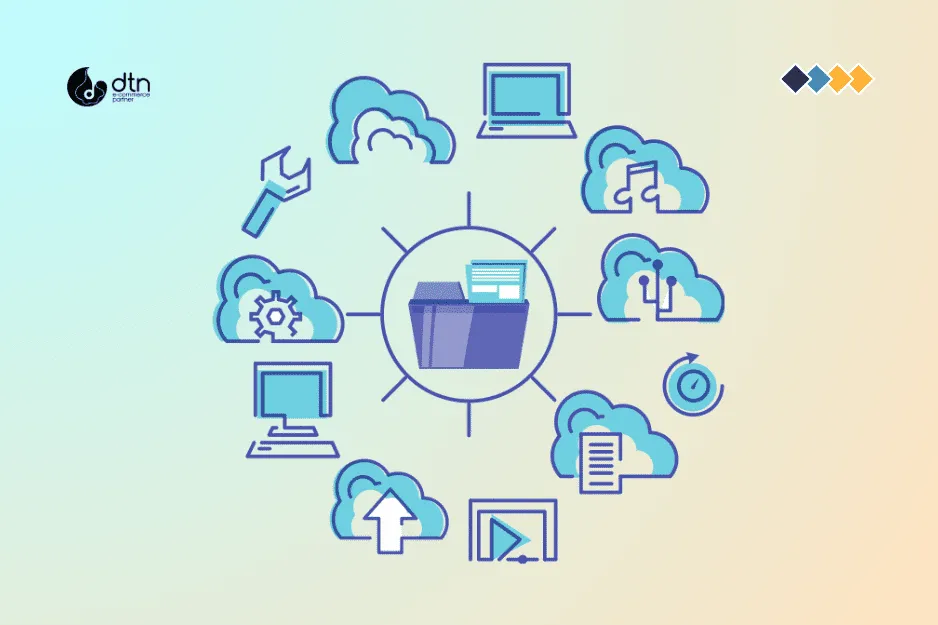
2. Artificial Intelligence (AI)
AI, a domain within computer science, revolves around fabricating intelligent agents capable of learning from data, making decisions, and surmounting challenges.
AI wields a profound impact on the software development domain. AI-driven tools automate tasks, enhance code quality, and pinpoint defects. Additionally, AI spawns novel applications like chatbots and virtual assistants.
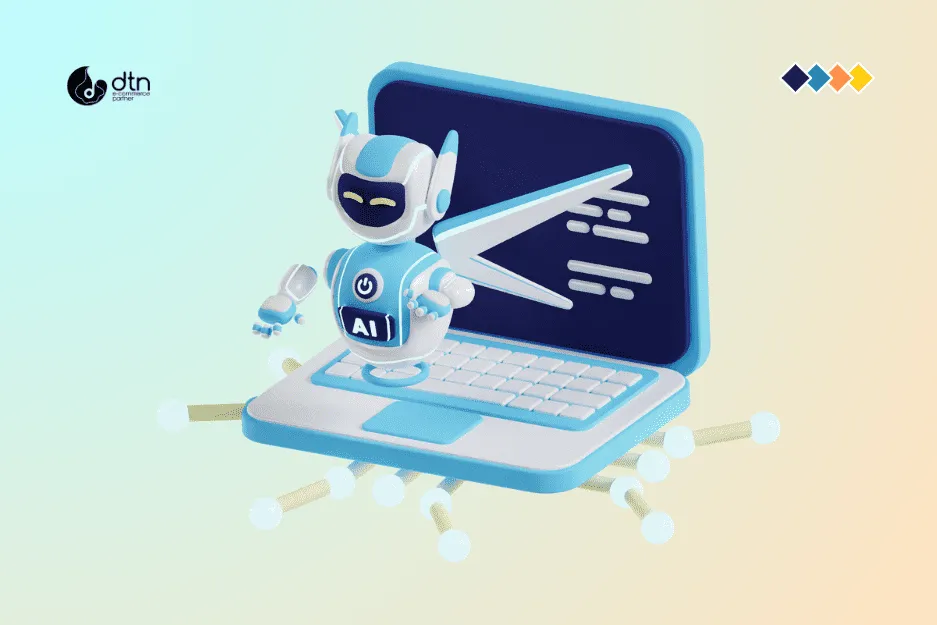
3. Mobile Applications
Mobile applications, tailored for smartphones and tablets, are witnessing a surge in demand owing to the proliferation of mobile device usage for accessing services and information.
Mobile apps confer myriad benefits upon businesses. They facilitate broader audience outreach, bolster customer engagement, and furnish revenue streams via advertising and in-app purchases.
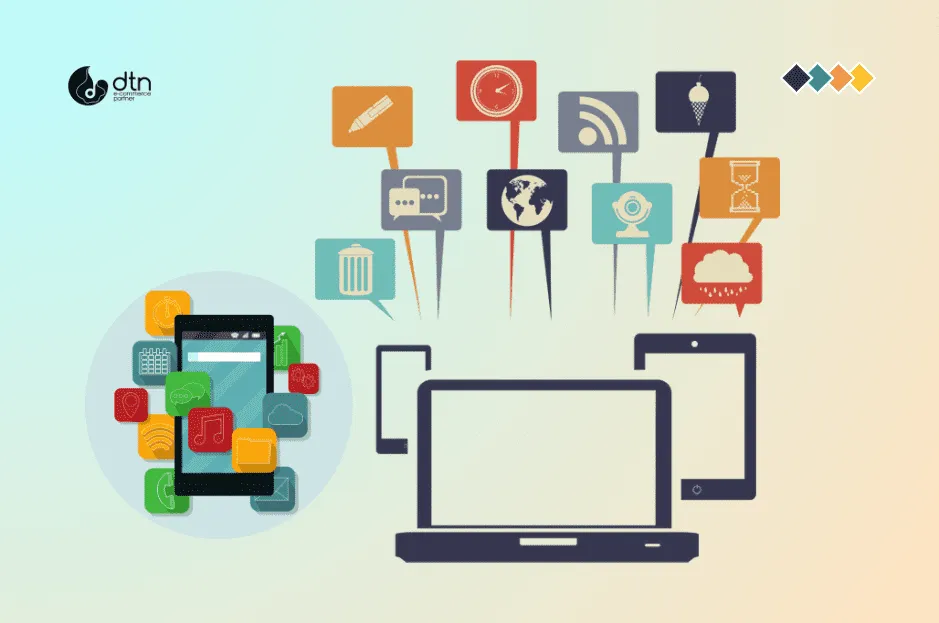
4. DevOps
DevOps embodies a software development ethos that underscores collaboration between development and operations teams to expedite software delivery.
DevOps yields manifold benefits for developers. It accelerates time-to-market for new features, enhances software quality by minimizing defects, and fosters synergy between disparate teams.
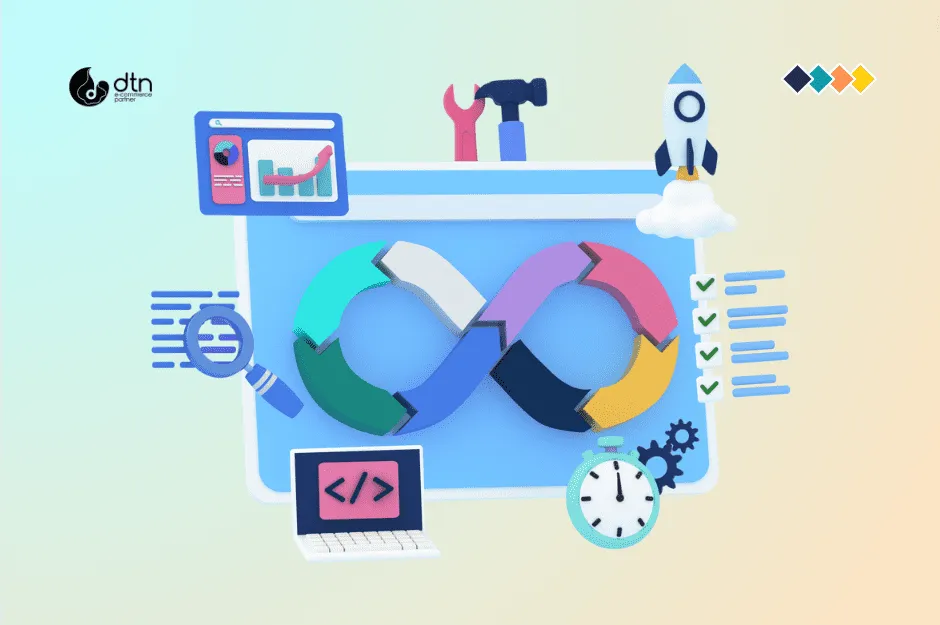
5. Low-Code/No-Code Development
Low-code/no-code development platforms furnish developers with tools to fabricate applications sans extensive coding prowess. These platforms tout visual interfaces and drag-and-drop functionality, streamlining the application development process.
Low-code/no-code development heralds several advantages. It expedites application development, empowers non-developers to partake in application creation, and heightens application quality by curbing defects.
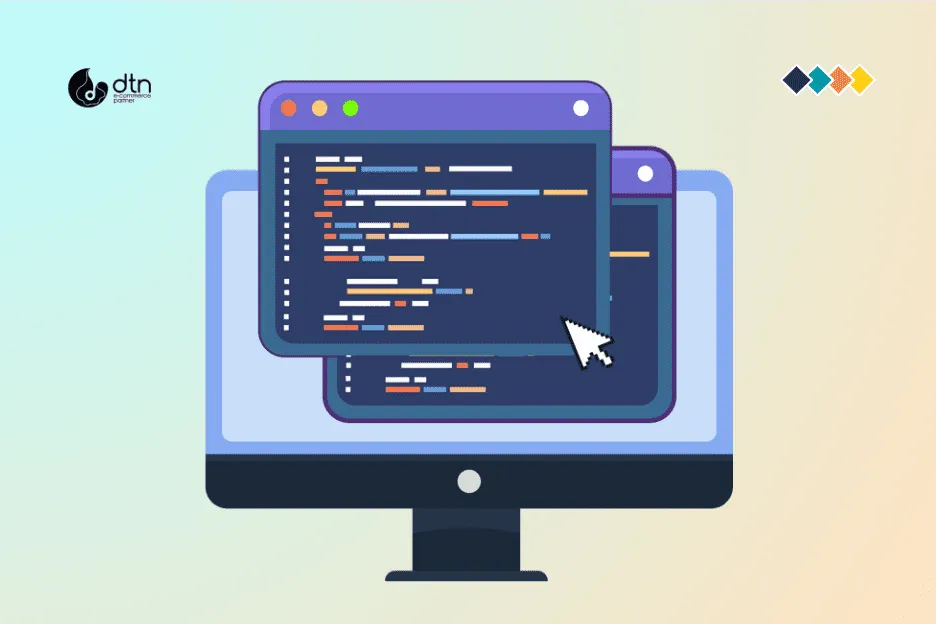
Challenges of Software Development Trends
While these software development trends proffer myriad benefits, they are not devoid of challenges:
- Cloud computing management can prove intricate and costly, necessitating businesses to meticulously assess their cloud computing requisites and opt for providers aligning with their needs.
- Effective implementation and utilization of AI pose challenges, necessitating businesses to possess requisite skills and resources for developing and deploying AI-powered applications.
- Developing mobile applications entails complexity and expenses, prompting businesses to deliberate their mobile app needs and opt for development platforms commensurate with their requirements.
- DevOps implementation necessitates concerted efforts and collaboration across teams, warranting a conducive organizational culture and processes conducive to DevOps.
- Low-code/no-code development platforms might proffer limitations and might not befit all application types, prompting businesses to thoroughly scrutinize their application necessities and opt for platforms that cater to their requisites.

In Conclusion
The software development landscape is in a perpetual state of flux, with evolving trends reshaping its contours. By embracing these trends, businesses can amplify the speed, quality, and cost-effectiveness of their software development endeavors.
Frequently Asked Questions
We’ve compiled a list of answers to common questions on Software Development Trends.
What benefits does cloud computing offer software developers?
Cloud computing furnishes software developers with cost reduction, agility, and enhanced reliability through pay-as-you-go models, rapid resource provisioning, and redundant system architectures.
How is artificial intelligence (AI) impacting software development?
AI streamlines software development by automating tasks, elevating code quality, and fostering innovation through the creation of novel applications like chatbots and virtual assistants.
What advantages do mobile applications offer businesses?
Mobile applications empower businesses to broaden their audience outreach, intensify customer engagement, and diversify revenue streams via advertising and in-app purchases, leveraging the ubiquitous usage of mobile devices.
What are the primary goals of DevOps in software development?
DevOps aims to accelerate software delivery, enhance software quality, and foster collaboration between development and operations teams, streamlining processes and promoting synergy.
How do low-code/no-code development platforms benefit software developers?
Low-code/no-code platforms expedite application development, democratize application creation, and heighten application quality by simplifying the development process for both developers and non-developers alike.



